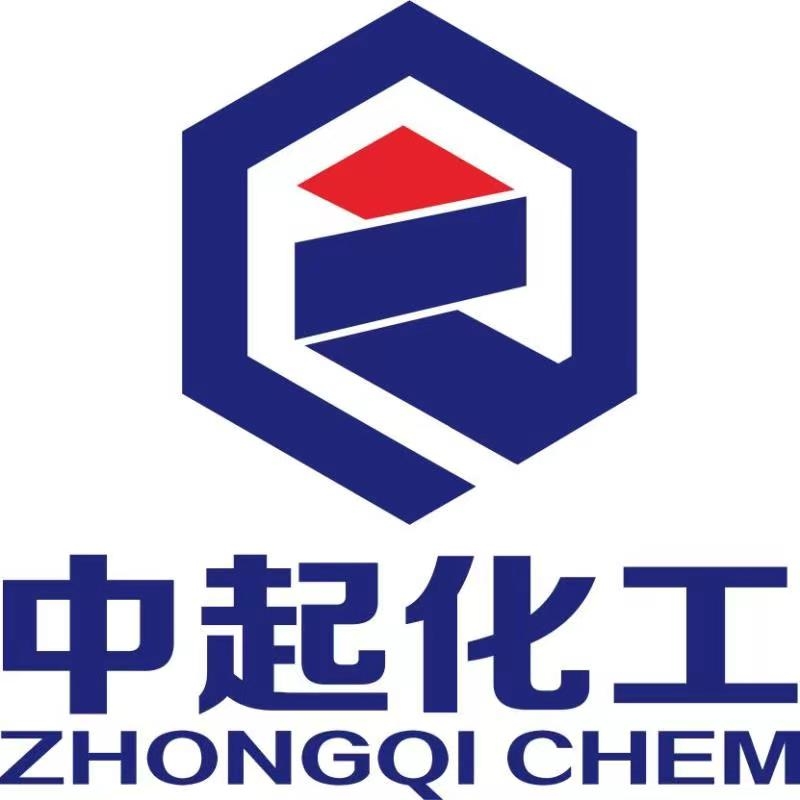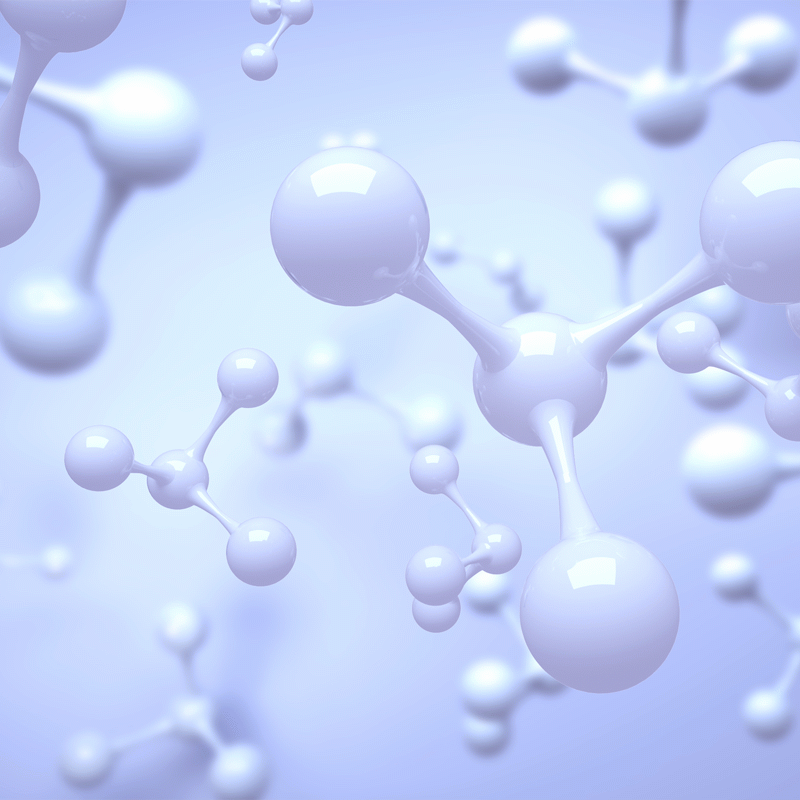-
Categories
-
Pharmaceutical Intermediates
-
Active Pharmaceutical Ingredients
-
Food Additives
- Industrial Coatings
- Agrochemicals
- Dyes and Pigments
- Surfactant
- Flavors and Fragrances
- Chemical Reagents
- Catalyst and Auxiliary
- Natural Products
- Inorganic Chemistry
-
Organic Chemistry
-
Biochemical Engineering
- Analytical Chemistry
-
Cosmetic Ingredient
- Water Treatment Chemical
-
Pharmaceutical Intermediates
Promotion
ECHEMI Mall
Wholesale
Weekly Price
Exhibition
News
-
Trade Service
2,2-Difluoroacetamide is a commonly used reagent in organic chemistry and can be synthesized through various methods.
One of the most common methods for producing 2,2-difluoroacetamide is through the reaction of 2,2-difluoroacetic acid with ammonia.
The production process of 2,2-difluoroacetamide typically involves several steps, including the preparation of the starting materials, the reaction step, and the purification of the final product.
In this article, we will take a closer look at the production process of 2,2-difluoroacetamide and the various factors that can affect the yield and purity of the final product.
Preparation of Starting Materials
The preparation of the starting materials for the production of 2,2-difluoroacetamide typically involves the synthesis of 2,2-difluoroacetic acid.
This can be accomplished through several methods, including the reaction of fluoromethane and sodium hydroxide, or the reaction of carbon tetrachloride and hydrogen fluoride.
Once the 2,2-difluoroacetic acid has been synthesized, it can be used in the production of 2,2-difluoroacetamide.
Reaction Step
The reaction step in the production of 2,2-difluoroacetamide involves the reaction of 2,2-difluoroacetic acid with ammonia.
This reaction typically takes place in the presence of a solvent, such as water or ethanol, and is typically carried out at temperatures between 50-100°C.
The reaction can be accelerated by the use of a catalyst, such as hydrochloric acid or sodium hydroxide.
Purification of Final Product
After the reaction step, the final product is typically purified through several methods, including filtration, crystallization, and chromatography.
The purification process is important for removing any impurities that may have been introduced during the reaction step, as well as for increasing the yield and purity of the final product.
Factors Affecting Yield and Purity
Several factors can affect the yield and purity of 2,2-difluoroacetamide, including the reaction conditions, the amount of starting materials used, and the purity of the starting materials.
For example, increasing the temperature or the amount of ammonia used in the reaction can increase the yield of the final product.
Similarly, using higher purity starting materials can result in a higher yield and purity of the final product.
Conclusion
The production process of 2,2-difluoroacetamide involves several steps, including the preparation of starting materials, the reaction step, and the purification of the final product.
The yield and purity of the final product can be affected by various factors, including the reaction conditions, the amount of starting materials used, and the purity of the starting materials.
By carefully controlling these factors, it is possible to produce 2,2-difluoroacetamide of high purity and yield.







